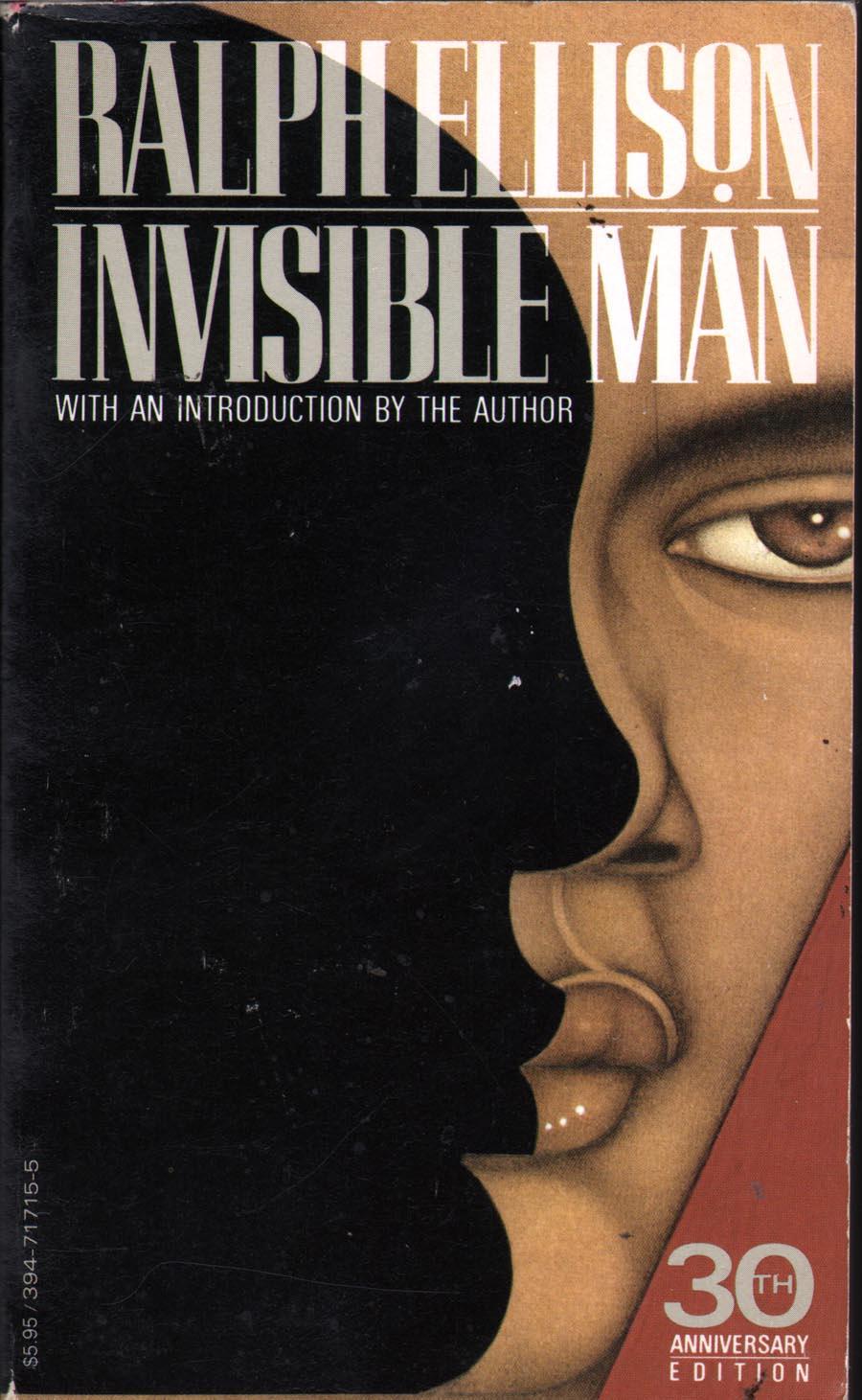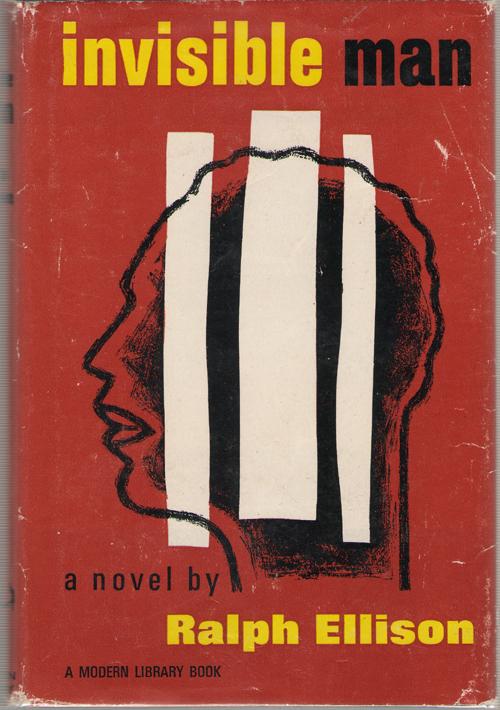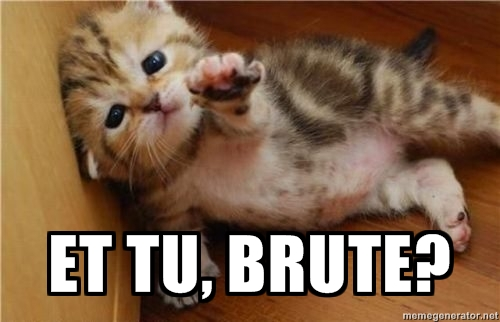 |
| (Inspired by Dickens' A Tale of Two Cities) |
Consider
reading your Jan. MOR book over break and writing your 4 full-page
reflections—remember to analyze,
include quotations and lit devices, and deal with the
ending. Thanks! I love seeing your brilliant brains go head-to-head in
these discussions on paper.
The first couple dozen of this Goodreads list of Victorian novels
are good choices for your MOR. Please remember to pick one that is of
sufficient literary merit to be potentially used on the AP Exam (so, not
too short or originally written for children--Alice in Wonderland and A Christmas Carol are too short).
Some useful reviews are also on this list of "10 Classic Victorian Novels Everyone Should Read."
FYI, on the list of texts actually suggested on the exam so far, the Victorian novels that have been suggested most often are these:
Wuthering Heights by Emily Brontë (I once had a student title his review of this book "Rabid Love.")
Great Expectations by Charles Dickens (don't choose this one if you read it as a freshman!)
Jane Eyre by Charlotte Brontë (very popular, romantic, a touch of the gothic)
Bleak House by Charles Dickens (long, but intricately interesting)
A Tale of Two Cities
by Charles Dickens ("It is a far, far better thing I do than I have
ever done." If you want Dickens, go with this one, probably.)
And others on that list:
Emma (Jane Austen)
Persuasion (Austen)
Pride and Prejudice (Austen--we will read this one in February)
Mansfield Park (Austen)
Hard Times (Dickens)
Oliver Twist (Dickens)
Our Mutual Friend (Dickens)
Middlemarch (George Eliot--a refreshing change from Dickens, Austen, and the Brontës?)
Since a brief overview of Victorian England might be useful as you read, here you go:
 |
| Victorian Fashion through the Years |
The Victorian Age
(1837-1901)
The general reaction of the Victorian Age against the previous Romantic period was summed up nicely in 1833 by
Edward Bulwer-Lytton, saying, “When Byron passed away [in 1824], the feeling he
had represented craved utterance no more.
With a sigh we turned to the actual and practical career of life: we
awoke from the morbid, the passionate, the dreaming.” In other words, goodbye Romantics!
The reign of Queen Victoria lasted
sixty-three years, the longest so far (Queen Elizabeth II has reigned
fifty-four years as of 2006 [Elizabeth II has surpassed Victoria as of 2015])
and saw her nation reach the height of its imperial power. In 1890, England’s colonies “comprised more
than a quarter of all the territory on the face of the earth [and] one in four
people was a subject of Queen Victoria” (Greenblatt 980). Despite the unrest of
the early Victorian period, the economic and political climate of the country
had settled down enough by the middle of the 1800s to be readily recognizable
as the prosperous, highly respectable, and sentimental Victorian England we all
think we know and love. One odd thing
about the Victorians is that despite their high morals and great respect for
family values, they were going through a general crisis of faith. The industrial and continuing scientific
revolutions were playing havoc with the religion of the previous
centuries. Even before Charles Darwin’s
1859 publication of The Origin of Species, John Ruskin explained
that his faith was “being beaten into mere gold leaf…If only the geologists
would leave me alone, I could do very well, but those dreadful Hammers!” Because of the questions geology and the
theory of evolution raised about the creation of the earth, many Victorians
converted to Catholicism. They reasoned
that the Roman Catholic Church didn’t care how much thinking they did as long
as they believed. Thinking was too hard
and too dangerous.
During this period of empire,
democratic reform, compulsory education, and rapidly growing industry, the middle
class dominated England. They upheld the
typically Victorian values of “earnestness, moral responsibility, [and]
domestic propriety.” Victorian social
consciousness and hyper respectability led to a series of political reforms (in
1882, finally giving married women the right to own property) and social
reconsiderations. The Victorian “Woman
Question” found a brilliant voice in the Victorian novel. Novels were all the rage and thankfully,
somewhere between Defoe and Charlotte Brontë, Samuel Richardson and Henry
Fielding had redeemed the form from the shady topics of the Restoration and
helped make it socially acceptable, even among men, to read and enjoy them. The readership for and production of novels
skyrocketed—fostering such masters of the form as Charles Dickens and the
Brontë sisters. The novel was bottom-up
literature to the Victorians. Easily and
cheaply available, novels addressed an aspect of reality not adequately treated
in poetry—the day-to-day life and emotions of real people.
Despite the growing decadence and
decay of the last decade of Victoria’s reign, the work of her era still rings
true. Matthew Arnold’s “The Study of Poetry” brilliantly critiques the current
literature, bringing all the redolent waftings of the previous centuries to
bear and figuring out what literature and especially poetry have to do with his
age. His observations and conclusions,
so apt when he wrote them, can still helps us to day as we study the literature
of our past and create the literature of our future.









